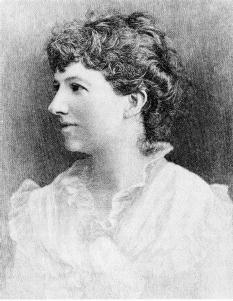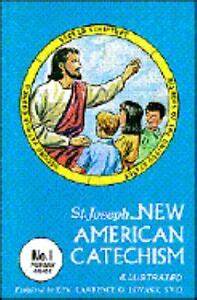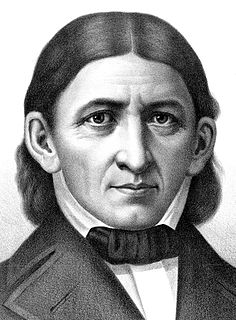A Quote by Johann Kaspar Lavater
He surely is most in need of another's patience, who has none of his own.
Related Quotes
Only a great man, believe me, and one whose excellence rises far above human failings, will not allow anything to be stolen from his own span of time, and his life is very long precisely because he has devoted to himself entirely any time that became available. None of it lay uncultivated and idle, none was under another man's control, for guarding it most jealously, he found nothing worth exchanging for his own precious time.
None but those who have learned the art of subjecting their senses as well as reason to hypothetical systems can be persuaded by the most specious rhetorician that the lots of life are equal; yet it cannot be denied that every one has his peculiar pleasures and vexations, that external accidents operate variously upon different minds, and that no man can exactly judge from his own sensations what another would feel in the same circumstances.
None of us need one more person bashing or pointing out where we have failed or fallen short. Most of us are already well aware of the areas in which we are weak. What each of us does need is family, friends, employers, and brothers and sisters who support us, who have the patience to teach us, who believe in us, and who believe we’re trying to do the best we can, in spite of our weaknesses. What ever happened to giving each other the benefit of the doubt? What ever happened to hoping that another person would succeed or achieve? What ever happened to rooting for each other?
God does not need your strength: he has more than enough of power of his own. He asks your weakness: he has none of that himself, and he is longing, therefore, to take your weakness, and use it as the instrument in his own mighty hand. Will you not yield your weakness to him, and receive his strength?
God has surely promised His grace to the humbled: that is, to those who mourn over and despair of themselves. But a man cannot be thoroughly humbled till he realizes that his salvation is utterly beyond his own powers, counsels, efforts, will and works, and depends absolutely on the will, counsel, pleasure and work of Another -- God alone.
The mind grows by self revelation. In play the child ascertains what he can do, discovers his possibilities of will and thought by exerting his power spontaneously. In work he follows a task prescribed for him by another, and doesn't reveal his own proclivities and inclinations; but another's. In play he reveals his own original power.






































